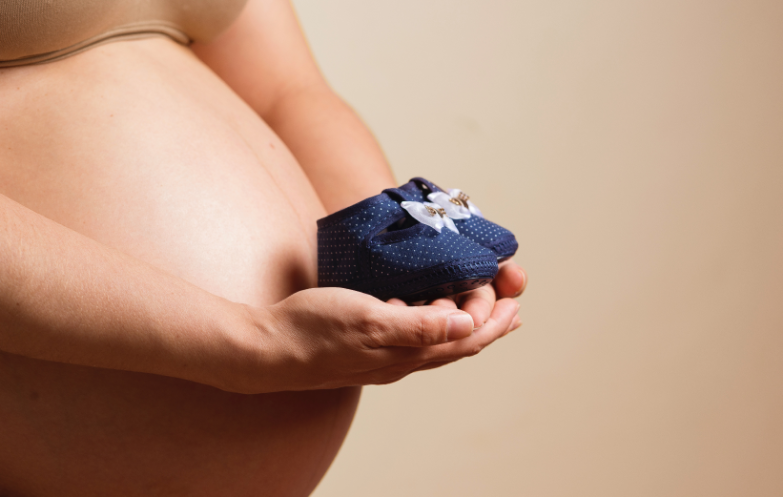RESEARCHERS have detected a possible link between hypertensive disorders experienced in pregnancy and the use of frozen embryos during in vitro fertilisation (IVF). Using frozen embryos could be associated with a 74% elevated risk for hypertensive disorders during pregnancy.
The study, carried out by researchers at the Norwegian University of Science and Technology, Trondheim, Norway, discovered that resulting pregnancies following fresh embryo transfers, in which the fertilised egg is transferred immediately after IVF, and pregnancy resulting from natural conception posed a similar risk for the mother of developing a hypertensive disorder. Hypertensive disorders were defined as a combined outcome, and included eclampsia, chronic hypertension with superimposed pre-eclampsia, and gestational hypertension. During pregnancy, high blood pressure is often a signal of pre-eclampsia, persistent high blood pressure that poses a danger to life for both mother and baby and affects around 1 in 25 pregnancies in the USA.
Freezing fertilised embryos using a cryopreservation process, before thawing and implanting, is becoming more common due to the advancement of freezing technology. Study lead Sindre Petersen, Norwegian University of Science and Technology, commented: “Frozen embryo transfers are now increasingly common all over the world, and in the last few years, some doctors have begun skipping fresh embryo transfer to routinely freeze all embryos in their clinical practice.”
In the population-based study, national data from Denmark, Norway, and Sweden’s medical birth registries was examined. The cohort included almost 2.4 million females between the ages of 20–44, all of whom had single deliveries and gave birth between 1988–2015. Over 4.5 million pregnancies were studied; of these, more than 4.4 million were naturally conceived, over 78,000 involved fresh embryo transfer, and upwards of 18,000 involved frozen embryo transfer.
Data were compared with females who experienced both an IVF and a naturally conceived pregnancy to pinpoint whether the potential reason for hypertensive disorders was related to IVF treatment or to parental health. More than 33,000 pregnancies were included in this ‘sibling’ comparison, and the study is the largest to date to use this method. Data were adjusted for variables, like birth year and the age of the mother. The study found that within this patient group, hypertensive disorders occurring after frozen embryo transfer was twice as high in comparison to naturally conceived pregnancies.
Of the results, Petersen noted: “This analysis found that the risk of high blood pressure in pregnancy was substantially higher after frozen embryo transfer compared to pregnancies from fresh embryo transfer or natural conception.” Pregnancies using fresh embryo transfer had no higher risk of developing hypertensive disorders in comparison to natural conception.
Researchers hope that a similar study will be carried out using a wider patient group, including data from outside Scandinavia. This study may prove useful in improving patient outcomes in future for females undergoing IVF treatment.








